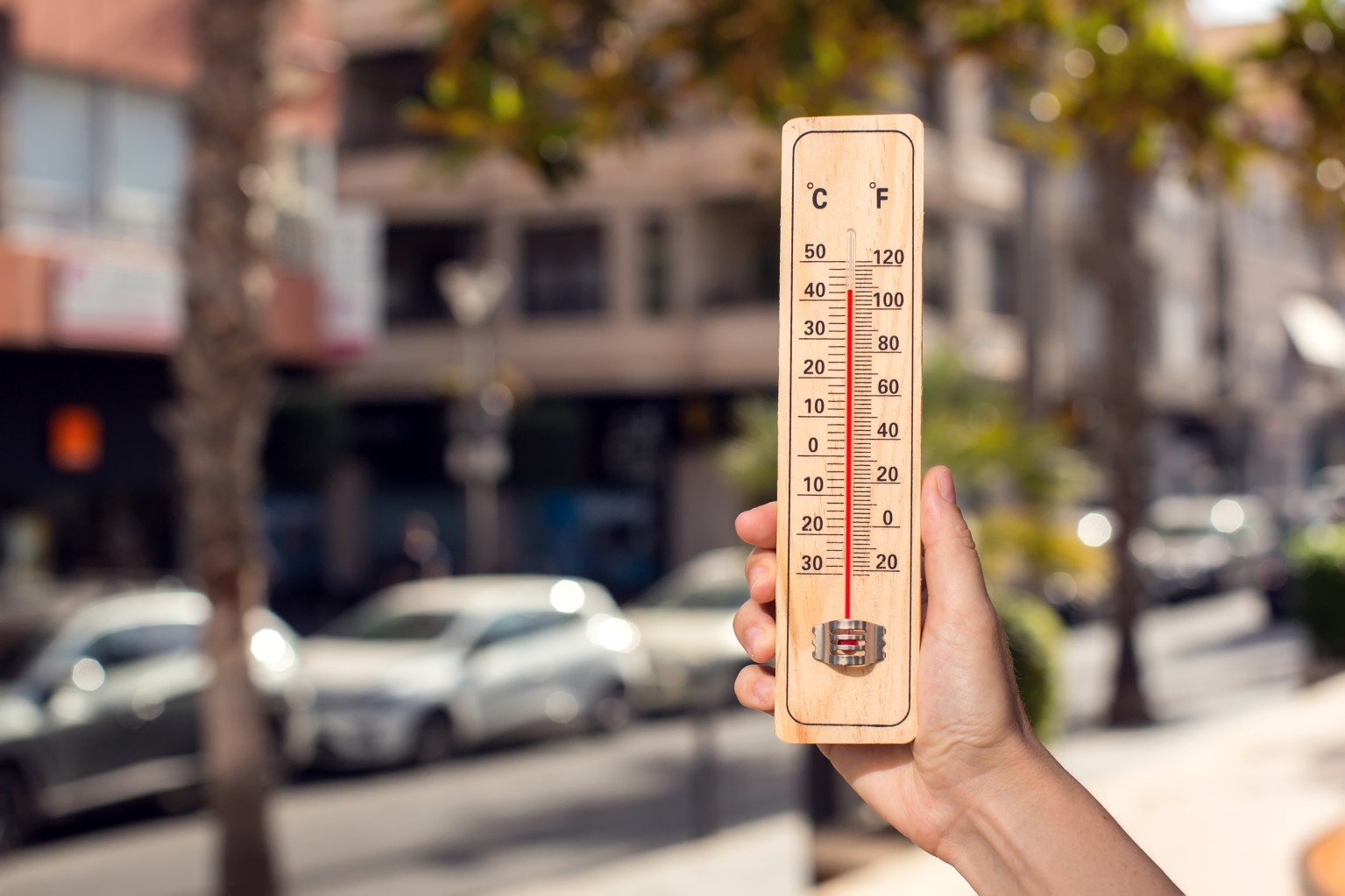
IVF specialists of the best IVF centre in Ghaziabad – Gunjan IVF World share an informative blog on one of the most ignored factors of male infertility.
It is an alarming fact to know that one in seven couples is faced with male infertility. There could be various reasons causing infertility in men. Male infertility is also a condition that is mostly ignored by men. This informative blog by IVF specialists of the best IVF centre in Delhi – Gunjan IVF World sheds light on one of the most ignored factors of male infertility – testicular temperature.
“Low levels of sperm production, blockages in the male reproductive tract or abnormal sperm function could all lead to problems in conceiving naturally. One of the main factors behind it could be the overheating of the testicles – the organ that produces sperm,” says Dr. Gunjan Gupta, Founder & Director, Gunjan IVF World, the best IVF center in Ghaziabad. Dr. Gunjan is a leading IVF specialist Ghaziabad with 20+ years of experience in the field of assisted reproductive techniques. She leads a team of highly experienced IVF doctors comprising Dr. Anshu Dhar, Dr. Garima Sharma, Dr. Aastha Raheja, and Dr. Meenakshi Arya.
“A man’s body has been created in a manner in which the testicles are bound to stay outside the body. This male reproductive organ is responsible for spermatogenesis – the process of sperm production and has a remarkable capability of thermoregulation. The temperature of the testicles is usually about two degrees lower than the body temperature i.e. 35 degrees Celsius (95 degree Fahrenheit). To maintain that temperature, this organ hangs outside the body,” stated Dr. Aastha Raheja, Consultant at Gunjan IVF World, a well-known IVF clinic in Ghaziabad. This leading IVF center in Indirapuram, Ghaziabad also has highly advanced three clinics in Janakpuri, Meerut and Noida.
“It is important to know that an increase in the scrotal temperatures can have a direct impact on the sperm generation process and cause infertility. Research has revealed that men who have been exposed to microwave radiation for half an hour every three weeks, recorded testicular temperatures of 40-42 degree Celsius (104-108 degree Fahrenheit) resulting in infertility,” commented Dr. Garima Sharma, Consultant & Centre In-Charge of a renowned IVF clinic in Janakpuri – Gunjan IVF World, who else!
You must be wondering as to how can testicular temperature cause infertility. “Sperm cells die when exposed to too much of heat. Consistent exposure to higher temperatures can lead to decrease in sperm production levels, or impact their morphology,” mentions Dr. Anshu Dhar, Consultant at Gunjan IVF World – a known IVF centre in Indirapuram.
Reasons for increase in testicular temperatures
“Most patients ask us what could be the reasons for increase in testicular temperatures. Well, the answer is – many. Using laptops or mobile phones for long hours can lead to overheating. Indulging in activities like sauna, cycling, cooking, etc. can also lead to production of excessive heat. Conditions like Varicocele, obesity or undescended testicles can also cause temperatures to increase,” added Dr. Gunjan, a well-known IVF specialist of the best IVF center in Delhi – Gunjan IVF World.
Now that you know about the impacts of testicular temperatures on male fertility, you must be curious to know how you can prevent it. Listed below are some simple yet effective ways how you can prevent your testicles from getting overheated.
- Avoid long hours in hot tubs, saunas or Jacuzzis
- Wear loose-fitting pants or underwear
- Avoid sitting for long hours, try and get up at frequent intervals
- Avoid long bike rides, especially during summers
- Do not put laptop on your lap for long hours
Follow these simple steps and keep your dream of fatherhood going!
20+ Years Of Experience as Fertility Specialists
20 Years Of Experience as a Fertility Specialists
National Fertility Awards 2023
Call Us
+919990044555
Book An Appointment
Follow Us On
Related Blogs
Why is Nutrition Important During Adolescence?
Teenage years are one of the most exciting moments in life. During teenage, a body undergoes hormonal changes, weight gain or loss, growth, and physical changes.
What is the Difference Between Puberty and Adolescence?
Both puberty and adolescence are linked to one another. They depend on how these changes occur at this stage of life. Puberty and adolescence are closely associated with one another, but they are not the same thing.
About Author





